A computer will do what you tell it to do, but that may be much different from what you had in mind

A computer will do what you tell it to do, but that may be much different from what you had in mind
Joseph Weizenbaum was a German-American computer scientist who is best known for creating the ELIZA program, one of the first chatbots ever developed. ELIZA was designed to simulate a conversation with a human by using simple pattern matching and scripted responses. Weizenbaum's work with ELIZA raised important questions about the nature of human-computer interaction and the limitations of artificial intelligence.The quote "A computer will do what you tell it to do, but that may be much different from what you had in mind" perfectly encapsulates Weizenbaum's concerns about the potential dangers of relying too heavily on technology to solve complex human problems. While computers are incredibly powerful tools that can perform a wide range of tasks with incredible speed and accuracy, they are ultimately limited by the instructions they are given by their human programmers.
Weizenbaum believed that the increasing reliance on computers to make decisions and solve problems could lead to a loss of human agency and autonomy. He was particularly concerned about the potential for computers to be used in ways that dehumanize individuals and undermine their ability to think critically and creatively. In his view, the blind faith in technology as a solution to all of society's problems was misguided and could have serious consequences for human well-being.
The story of ELIZA serves as a cautionary tale about the limitations of artificial intelligence and the dangers of placing too much trust in technology to solve complex human problems. While ELIZA was able to simulate a conversation with a human in a convincing manner, it was ultimately a shallow imitation of true human intelligence. Weizenbaum's work with ELIZA challenged the prevailing belief that computers could one day surpass human intelligence and raised important ethical questions about the role of technology in society.
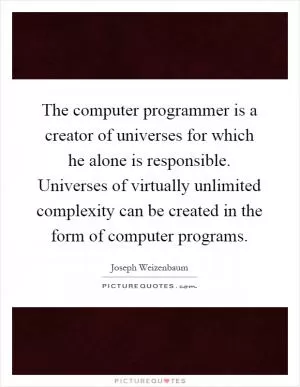
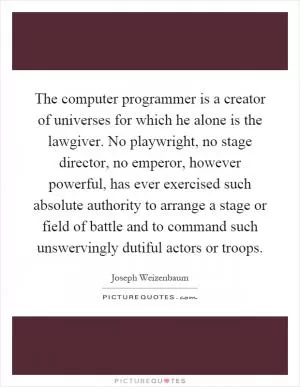

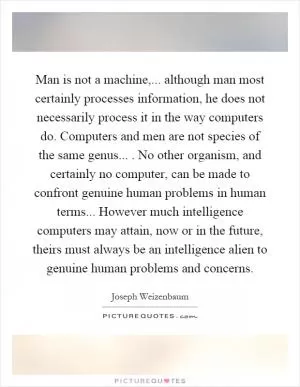
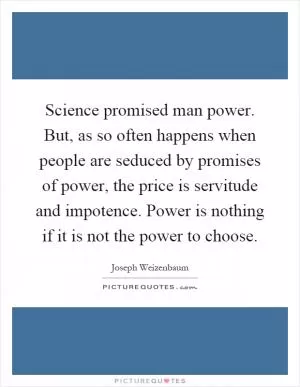
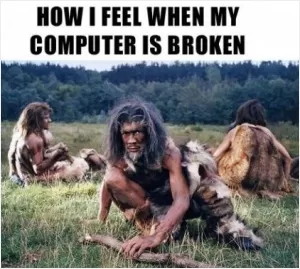
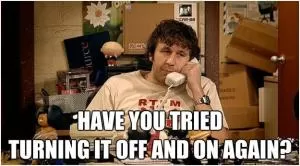
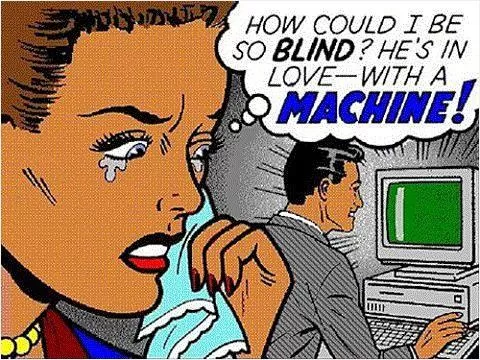


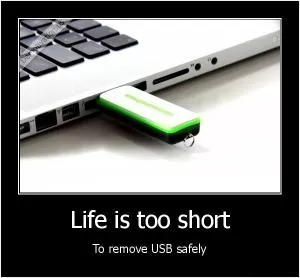
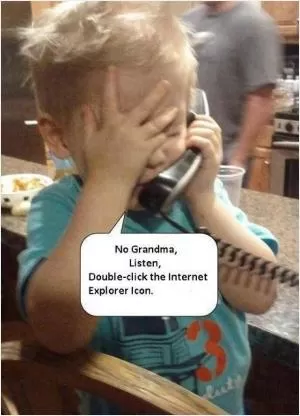
 Friendship Quotes
Friendship Quotes Love Quotes
Love Quotes Life Quotes
Life Quotes Funny Quotes
Funny Quotes Motivational Quotes
Motivational Quotes Inspirational Quotes
Inspirational Quotes